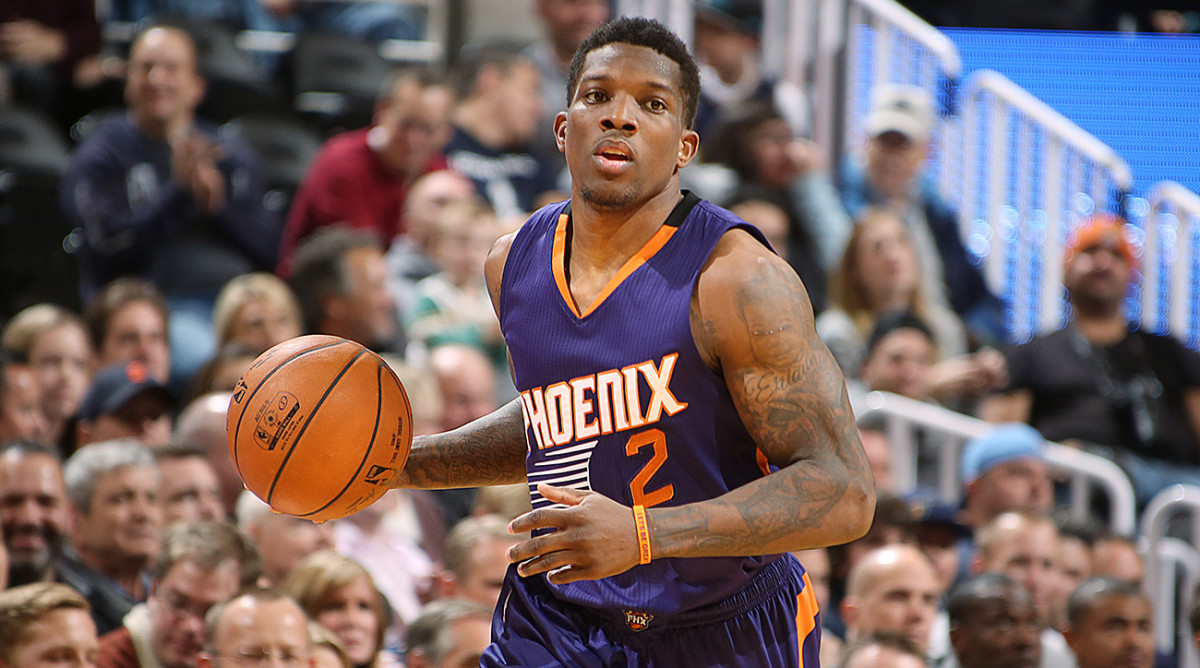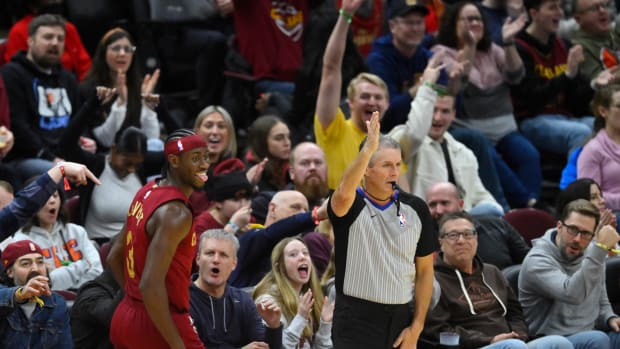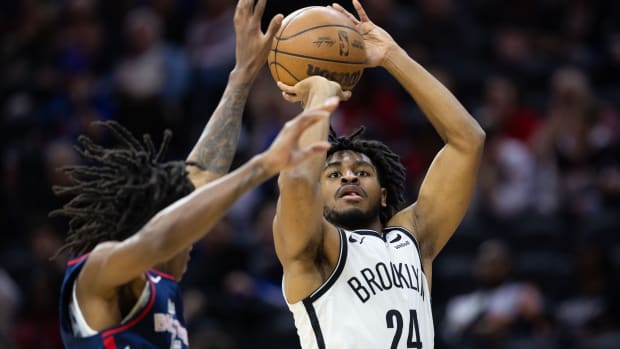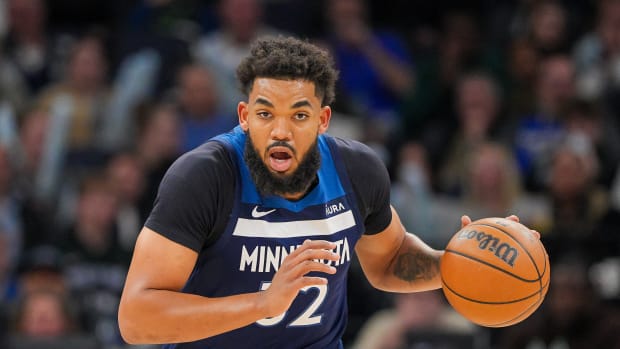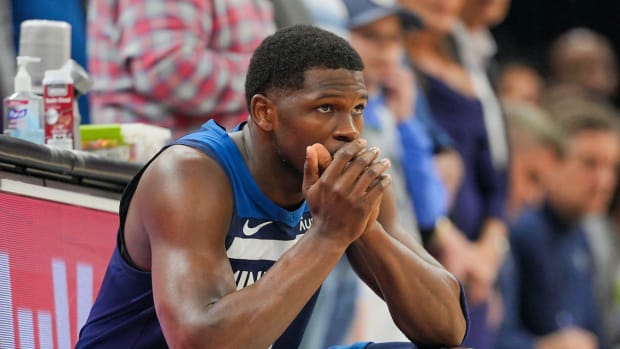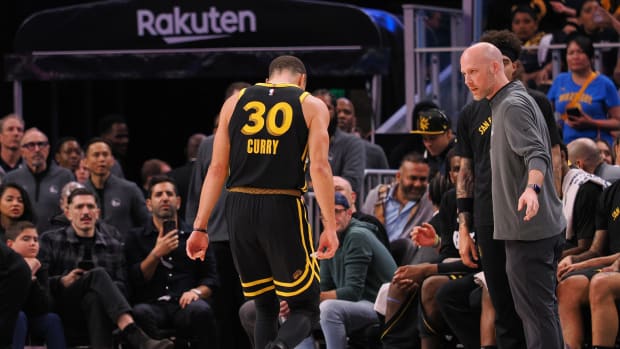49. Eric Bledsoe, PG, Suns
In theory, Bledsoe is an impressively productive shot creator, a propulsive driver, and one of the league’s most oppressive perimeter defenders. In reality, he’s a short guard with two bad knees. That divide creates all kinds of confusion for this kind of exercise, given that the very concept of Bledsoe as a player is subject to the uncertainty swirling around compounding surgeries. Bledsoe has performed well even after returning from multiple previous procedures. Yet this latest operation—to repair the meniscus in his previously healthy left knee—casts further doubt as to how his body will hold up. Bledsoe fought through knee injuries while in a lesser role with the Clippers and now only has more strain on his body in greater minutes and greater usage. It’s reasonable to wonder if the 26-year-old is physically suited for the kind of stardom his game suggests; a team would naturally want to make the most of all that Bledsoe does well and could, in the process, contribute to his gradual wear down. This ranking is a recognition of the risk that still prizes the player that Bledsoe can be when healthy. Very few high-level guards can match Bledsoe’s defensive pressure. He’s a menace to opposing ball handlers, to shooters curling around screens, and to bigger wings looking to bully their way to the basket. To add those qualifications (along with impressive rebounding) to his already robust offensive game makes Bledsoe one of the most purely capable guards in the league. (Last year: No. 33)
+ Registered more drives per game (11.7) than any other player in the league last season
+ Strength and speed offer amazing defensive versatility
– A very capable defender who doesn’t always lock into his responsibilities
– Inconsistent three-point shooter despite a career-best (37.2%) in 31 games last season






























